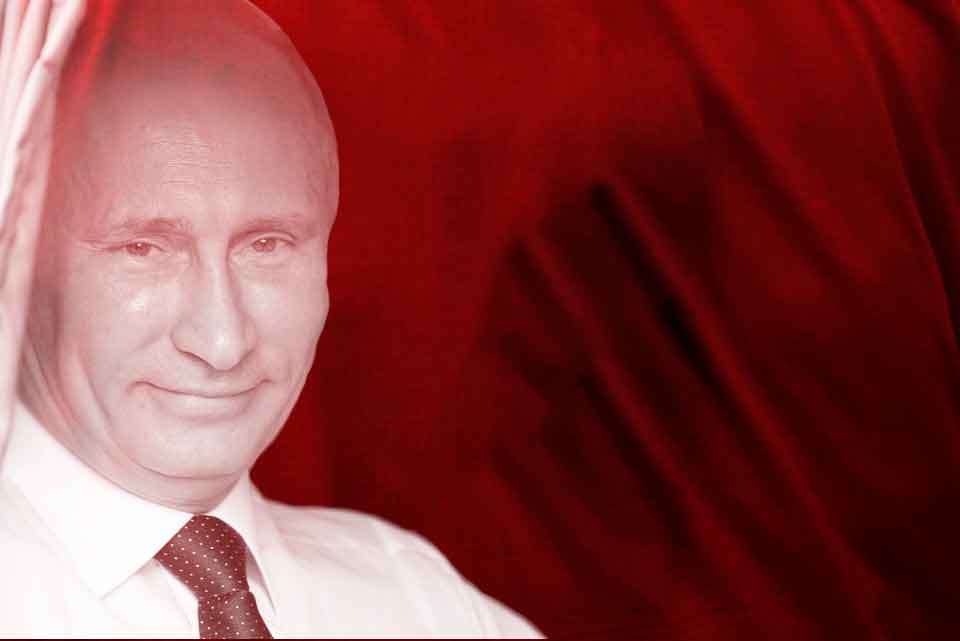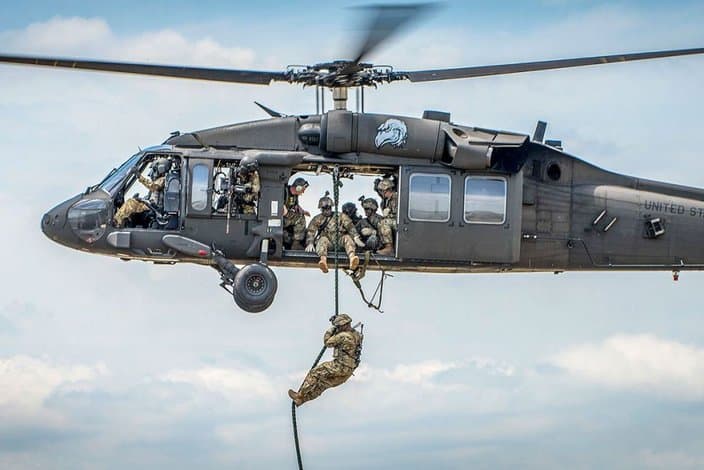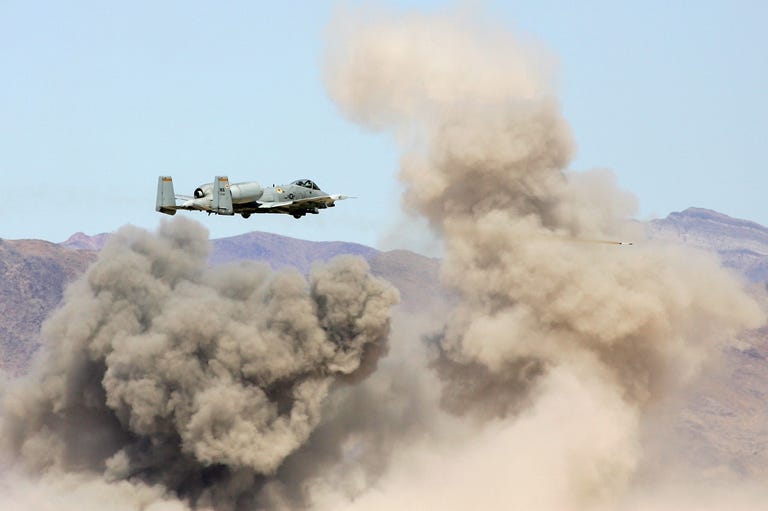By JERROD A. LABER
On Saturday, July 7, Army Corporal Joseph Maciel was killed in Afghanistan during an attack at the Tarin Kowt airfield in Uruzgan province. He was 20 years old, meaning that when the war began in October 2001, he was a toddler. You can be forgiven for not having noticed Maciel’s death, as media coverage of America’s presence in Afghanistan is fairly hard to come by. The Afghanistan war has held the moniker of “the forgotten war” for more than a decade now, having originally been presented with the honor as all eyes turned to Iraq during the mid-2000s. It received somewhat renewed attention last August when President Trump announced a new strategy for the war. But the spectacle that is the Trump presidency, combined with the sheer length of the conflict, has again relegated it to the back of America’s consciousness. A recent Pentagon press briefing on Afghanistan was attended by fewer than 10 journalists.

/arc-anglerfish-arc2-prod-mco.s3.amazonaws.com/public/YNF74X3FNZB4BBBWVPK6OUIAZU.jpg)




/arc-anglerfish-arc2-prod-mco.s3.amazonaws.com/public/7NL6UOQK4VCNJC5I5ZLGWMVVG4.jpg)




